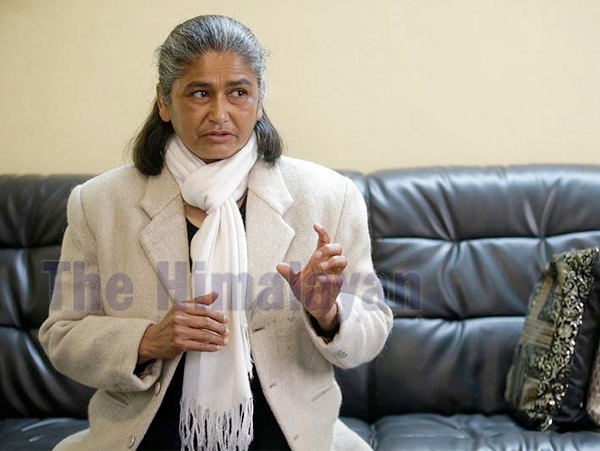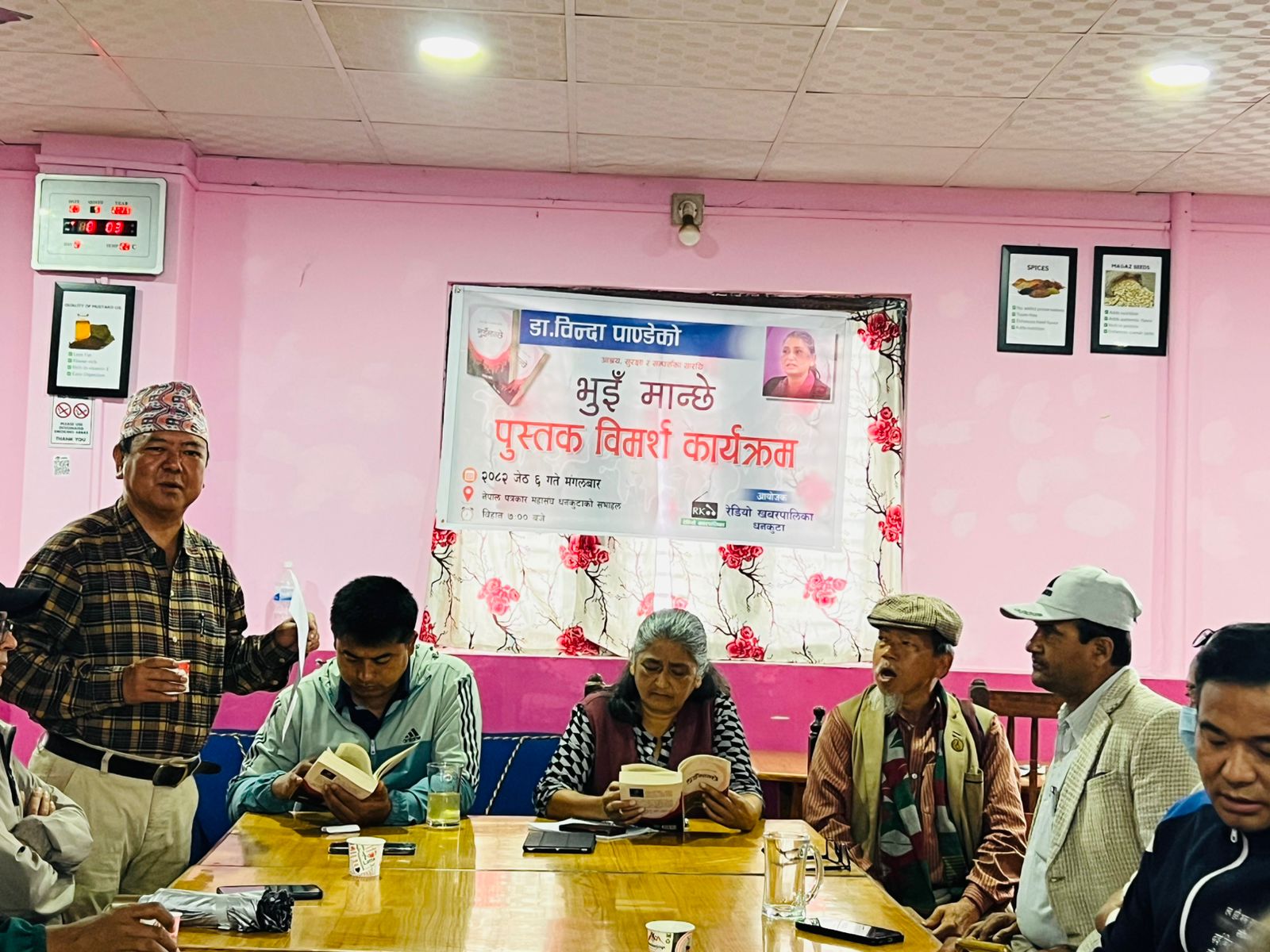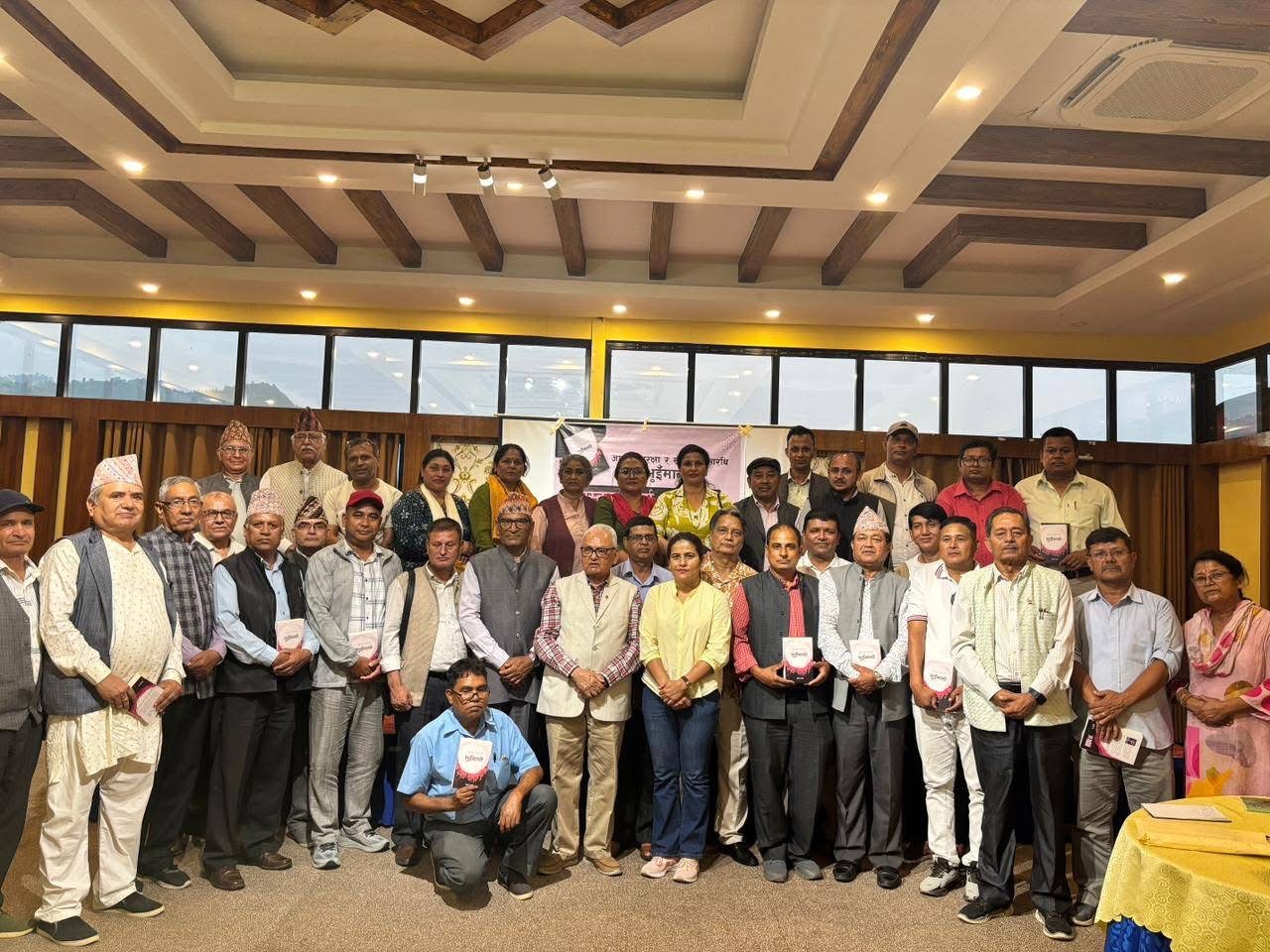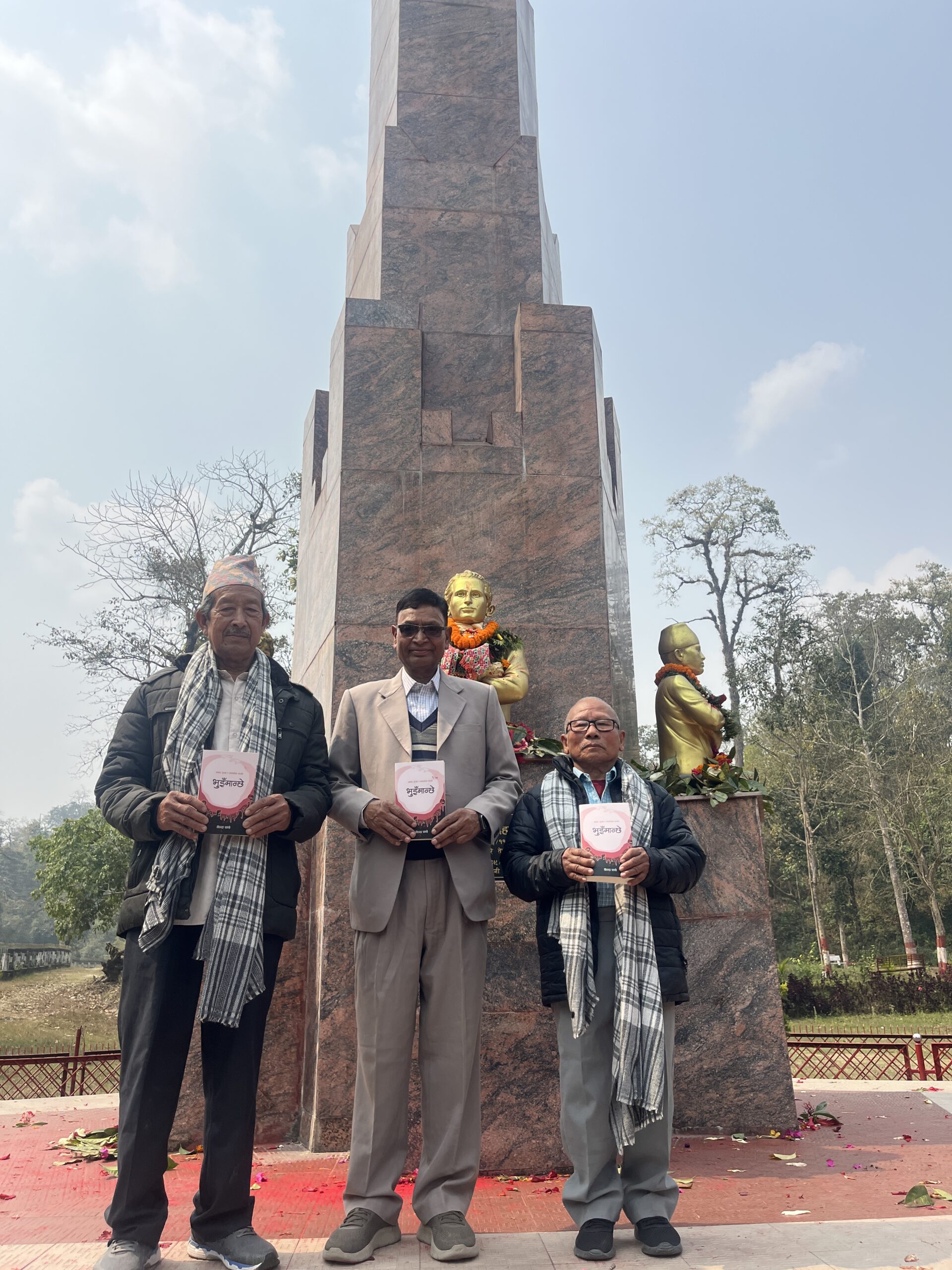Abstract:
Considering politics as the center of the change process and women as contributors to it, I attempted to explore the nature and process of women empowerment in Nepal Communist Party-United Marxist Leninist (CPN-UML), from the perspective of political ideals.
In this process, I analyzed women’s role in Nepali democratic movement reviewing the CPN-UML policies and practices in different levels. In doing so, I employed feminist inquiry methodology for developing the critical perspective on women empowerment and decision making process. Being myself a part of the women’s right movement and CPN-UML, I used personal reflexivity in interpreting the findings from the field. Similary, I chose six leaders from CPN-UML as my research participants, of whom three are men and three women. Engaging in the interview with my participants, I gathered experiential and reflective information on women’s role in political process and collected some of the historical facts and figures. In addition, I interacted with several other people to get insight on women empowerment in the party politics of the CPN-UML. To get the ground level information about the implementing status of CPN-UML policies and decisions, I organized focus group discussions with nine representatives of districts to ward committees in Kathmandu.
From the study, I got insights on women empowerment. Firstly, women empowerment appeared as: (a) familial participation, (b) agitating against oppression, (c) street action for human rights, (d) movement for workers’ rights, and, (e) activism as party-politics. Secondly, I entered into CPN-UML to scrutinize its gender policy and practice of empowering women in different phases. I found that CPN-UML’s policy on women was based on Marxism in the beginning, which was shifted to Marxist feminism in between, and followed the socialist feminism in the recent times. Though women enagaged actively in the historical communist movement, they gained trust as decision-makers only after the restoration of demoracy in 1990.
Thirdly, five major gender agendas of CPN-UML after 1990 anticipated the equal rights: (a) descent, (b) ancient property, (c) participation, (d) end of violence against women, and (e) affirmative action which increased the women empowerment in party politics. Fourthly, I found the gender policy of People’s Multi-Party Democracy (PMPD) as an outcome of a triangular combination of Marxism, Socialist Feminism and International Communist movement. However, I found wide gaps between policy and practice within the party system of CPN-UML. I also found that stereotypic mindset and subordination are major challenges to bridging these gaps, and these debar women’s leadership within the movement.
In conclusion, I understand that CPN-UML needs to (a) make policy known to its members with motivation to enforce effectively, (b) translate its gender policy and program into action plan strategically with allocation of relevant resources, (c) monitor it timely noting out of the gaps between policy and practice, (d) revisit its policy and improve it; and (e) listen to the grassroots voice and the choices respecting their knowledge and experience in a systematic manner, while implementing its mission of social transformation towards an egalitarian society.





